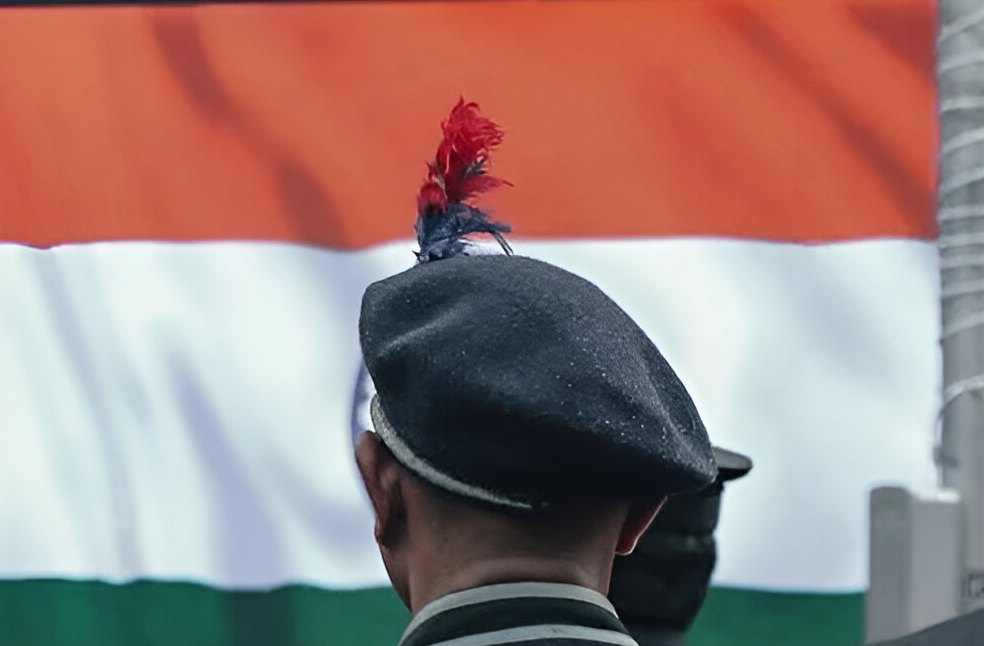India: India and Pakistan have exchanged some of their most serious missile strikes in decades, with both sides accusing the other of launching cross-border attacks targeting key military installations.
The escalation marks a new and dangerous phase in the ongoing tensions between the two nuclear-armed neighbours. India accused Pakistan of striking 26 military and civilian sites across northern India, including airbases in Pathankot, Srinagar, and Udhampur. The Indian army claimed it had successfully neutralised the incoming threats, though it confirmed damage and casualties at four bases.
In response, Indian forces launched retaliatory strikes against Pakistani military positions under what they described as a calibrated response. According to India, these attacks were aimed solely at military targets.
OPERATION SINDOOR
Indian Army Pulverizes Terrorist Launchpads
As a response to Pakistan’s misadventures of attempted drone strikes on the night of 08 and 09 May 2025 in multiple cities of Jammu & Kashmir and Punjab, the #Indian Army conducted a coordinated fire assault on… pic.twitter.com/2i5xa3K7uk
— ADG PI – INDIAN ARMY (@adgpi) May 10, 2025
Pakistan, however, insists it was India that initiated hostilities. A military spokesperson, Gen. Ahmed Sharif Chaudhry said India fired surface-to-air missiles at three major Pakistani airbases: Nur Khan, Murid, and Shorkot. He said most of the missiles were intercepted, but acknowledged damage and panic near the Nur Khan base, which lies close to the capital, Islamabad.
Pakistan swiftly launched what it called Operation Bunyan Ul Marsoos, a reference from the Qur’an meaning ‘wall of lead’ targeting Indian military installations in retaliation.
Tensions had already been inflamed when India carried out missile strikes that killed 31 people in Pakistan. India said those were in response to a militant attack in Indian-administered Kashmir that left 26 dead, including tourists, blaming Pakistan-backed extremists.
India also accused Pakistan of deploying more than 400 drones across the north of the country. It claimed to have intercepted the majority and responded with four drone strikes on Pakistani military assets.

Civilians on both sides of the border have been caught in the crossfire. Overnight shelling and gunfire were reported along the Line of Control in Kashmir, with several civilian deaths confirmed. Major cities across Punjab, Haryana, and Kashmir are under red alert, with blackout orders and stay-at-home advisories in place.
The Indian military has begun large-scale mobilisation of additional troops to the border, activating reserve forces to bolster readiness. Meanwhile, Pakistani officials warned that Indian troop movements suggest further offensive intent.
The international community is watching closely. US Secretary of State Marco Rubio spoke with both India’s foreign minister, Subrahmanyam Jaishankar and Pakistan’s army chief Gen Asim Munir, urging immediate de-escalation and offering to mediate dialogue.
Both nations have expressed a conditional willingness to avoid further conflict. Pakistan’s foreign minister stated that, “We will consider stopping here if India does.” India, too, has said it seeks ‘non-escalation’ provided Pakistan reciprocates. However, with troops mobilising and accusations mounting, the risk of broader conflict remains alarmingly high.



